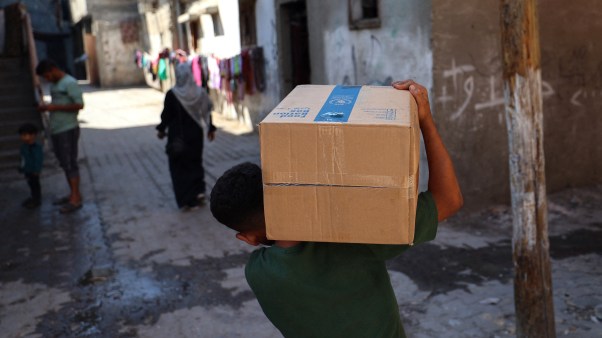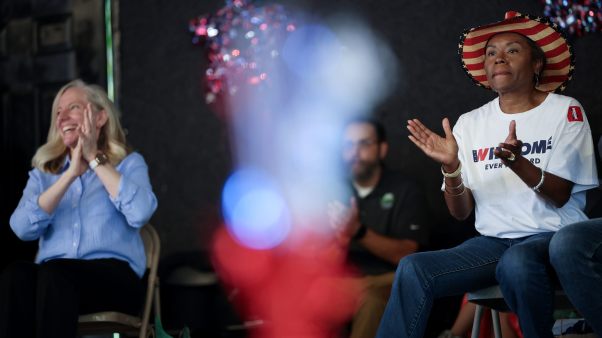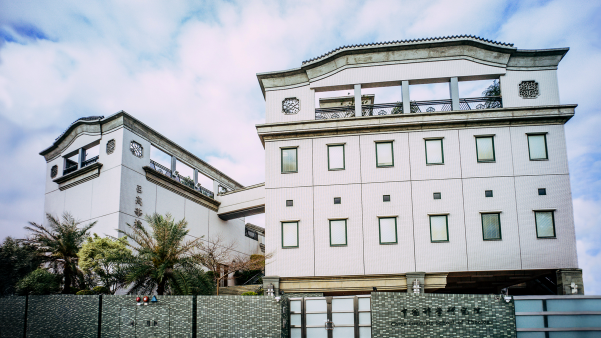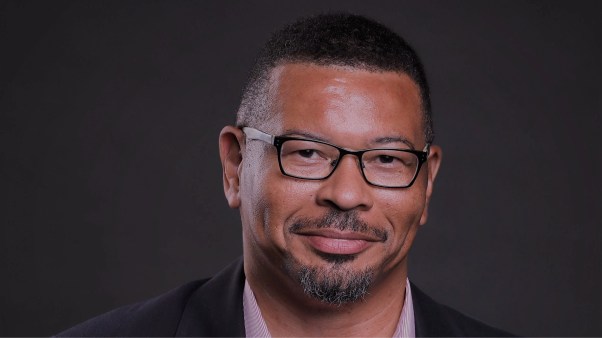The council still has a maddening brood of bureaucrats engaging in in-talk while the rest of the world goes by.
Some years ago, I covered a central committee meeting of the World Council of Churches. One staffer had taken my measure, and at its close, she said, “Well, have you found enough controversial material this time?”
Renewing acquaintance with WCC headquarters last summer, I found controversial material flaunting itself shamelessly in a series of posters adorning the wall outside the cafeteria. The theme was man’s inhumanity to man down the ages. In wording and in lack of religious content they suggested a Marxist textbook for 12-year-olds. One poster disapproved of English sixteenth-century buccaneering on the Spanish Main.
The two most recent posters concerned Iran and Zimbabwe. In one, the shah’s troops were still firing on innocent bystanders; in the other, the freedom fighters were still struggling for independence. Either the WCC staff was reluctant to let a couple of splendid grievances go, or they dismally lacked the imagination that would have appended, say, a joyful P.S. to the Zimbabwe poster: “Hallelujah, the battle’s won!” The posters were totally devoid of animus against the political left, which surprised me not at all.
I tried, but no one would identify precisely for me the source of those posters. They were evidently not unconnected with a continuing siege mentality over the Program to Combat Racism. The WCC reminds critics that this is only a small part of its work and witness, yet this topic keeps surfacing in reports and comments. We are defiantly told that even in times of fierce opposition, support for the PCR’s Special Fund has increased, that churches must combat apartheid, and white racism must be resisted.
The latter emphasis disturbs me. I was at the 1969 Canterbury meeting where white racism was hailed as “the most dangerous form.” I was at the 1971 Addis Ababa meeting where plenary debate and decisions gave the impression it was almost the only form. At that time, it was announced that a study of the Christian attitude toward violence and just war was being undertaken under WCC auspices. We still await its findings. There was, however, a reminder at Geneva that white racism was not the only form, which fact the committee duly “noted.”
Also noted was the intriguing sentence: “the decision of issues by majority vote created problems for the Orthodox Churches.” The WCC has always been sensitive about the position of churches in the Eastern European bloc. Metropolitan Kirill obliquely warned the committee at Geneva: “Do not create situations unhelpful to the ecumenical fellowship.” Until Nairobi, the WCC took the hint. The Orthodox were handled with kid gloves while strong statements were unleashed against sundry right-wing regimes.
What Nairobi began, Afghanistan continued, causing the executive committee last February to make a rare, albeit moderate, criticism of the Soviet Union. Pressures at home had caused the Russian Orthodox Church to backtrack since then, but a wide variety of speakers at the central committee meeting would not take the hint and hammered at the issue. Afghanistan was peripheral to the amendment they proposed, but everyone knew that a significant principle was involved. The platform quibbled about a procedural point (that it was not necessary for the central committee to endorse an action of the executive committee), while the Russian churchmen blamed it all on “political propaganda” by the public media in the West (never substantiated, of course).
Some plain speaking ensued wherein the Russians were treated just like any other member of the committee in a candid debate. They retired more thoughtful men to their Incontinental base (the only delegation to stay in a plushy hotel). They would not have appreciated a French journalist’s press conference question, which asked in effect: You talk of solidarity with the poor, but what about solidarity with the poor of Afghanistan? He was reminded of the importance of trying to understand “those in situations different from our own.”
In the document on the sharing of resources, there was a call for local congregations to be brought into discussion of matters that concern the WCC. What was needed was “a short, simple interpretation of the [Vancouver 1983] Assembly, its theme and purpose, written in popular language, for translation and wide distribution and study in local congregations.” Implementation of this plea for coherence would make many more friends for the WCC. Some readers become infuriated by the council, not for what it says, but because they cannot understand what it says. And the council still has a maddening brood of initialed offspring engaging in in-talk while the rest of the world goes by.
Dutifully reading the documents that were inspired (I use the word loosely) by last summer’s meeting, I came across a thought-provoking sentence: “About one-third of member churches have not found it possible, for currency exchange and other reasons, to make any recent contribution to the Council.” Since no document ungallantly pointed the finger at any noncontributor, or even gave the recommended contribution for each member church, this question beggar posed a problem. But all credit is due the helpfulness of the WCC press staff, who at my request produced a copy of the 1979 financial report.
Among nondonors were the seven South African member churches, the Methodist Church in Korea, and the Orthodox Church of Greece. The West Germans contributed most to the budget (about $5.3 million) nearly twice as much as churches in the USA (where the United Methodist Church led with some $628,350). The six USSR member churches aggregated just over $9,800.
I was impressed by the good spirit in which the central committee’s proceedings were conducted under the moderatorship of Archbishop Edward Scott of Canada. Gone are most of this committee’s theological heavyweights of yesteryear who dominated the proceedings and made headlines. There is an increasing feeling, moreover, that no discredit attaches to the committee’s failure to speak on an issue with one voice—that healthy differences publicly expressed, indeed, may add to the committee’s credibility.
Finally in these somewhat random reflections, I was impressed by Philip Potter’s contribution at Geneva. He told a joke against himself (a Nairobi comment that “Potter behaves as though he were anointed, not appointed”), and in his report as general secretary only once reverted—and that mildly—to his old bellicosity (“we will not be bullied by those who attack us …”). His report was a thoughtful piece, not least for a sentence he quoted from another WCC document: “In a world in which the language of faith has lost meaning for lack of translation into life, the acting out of God’s kind of sharing announces as no words can the good news of Christ to humankind.” Not even I could find controversial material in that.
J. D. Douglas is an author and journalist living in St. Andrews, Scotland.










